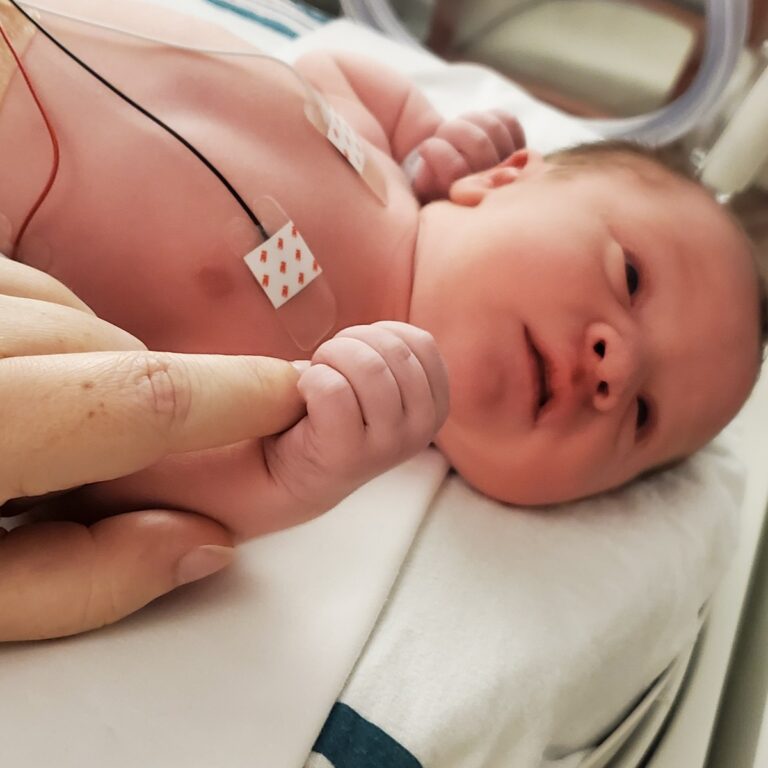Intrauterine Insemination (IUI)
Intrauterine insemination (IUI) offers individuals and couples in the San Francisco Bay Area a gentle yet effective option for growing their families. At RSC, we combine compassionate care with the latest fertility advancements, making IUI an accessible and hopeful step in your journey to parenthood.
How it Works
IUI is a fertility treatment designed to enhance the chances of conception by placing specially prepared sperm directly into the uterus. This precise timing during ovulation increases the likelihood of fertilization and can be an ideal solution for those experiencing:
- Unexplained infertility
- Mild male-factor infertility (e.g., low sperm motility or count)
- Cervical factor infertility (e.g., hostile cervical mucus)
- Donor sperm usage for individuals or couples
- Single parents and same-sex couples building families
With its simplicity and accessibility, IUI is often the first treatment many choose as they begin their fertility journey.
When to Seek IUI Treatment
IUI may be the right fertility treatment for you if:
- You’ve been trying to conceive for 6–12 months without success, depending on your age and health.
- You experience ovulatory challenges, such as irregular or absent ovulation.
- You have cervical factor infertility preventing sperm from reaching the egg.
- You are pursuing family building with donor sperm.
- You want a cost-effective treatment before considering advanced options like in vitro fertilization (IVF).
At RSC, our fertility specialists take the time to understand your unique situation, helping you determine if IUI is the right step toward achieving your dreams of parenthood.
The Process
Undergoing an intrauterine insemination cycle often includes taking medication to stimulate the ovaries to produce eggs, then through a simple technique, directly injecting processed sperm into the uterus at the time of ovulation.
FAQ
There are three different types of IUI cycles based on your individual diagnosis and your response to treatment:
Nonmedicated cycle with IUI: Also known as natural cycle IUI, a non-medicated cycle with IUI is often used by single women or same-sex female couples who are not directly experiencing infertility, but rather a lack of sperm. This treatment involves tracking the development of the egg that is naturally recruited during a menstrual cycle and then introducing the donated sperm. You will come into the office for two to four monitoring appointments to track egg development and cycle timing.
Ovulation induction with IUI: The goal with ovulation induction is to recruit and develop a single egg during the stimulation phase. At the time of ovulation, insemination occurs, placing the sperm directly into the uterus. IUI puts the sperm closer to the egg than possible with intercourse alone. You will come into the office for three to five monitoring appointments to track egg development and cycle timing.
Injectable medication cycle with IUI: If pregnancy doesn’t result from ovulation induction with oral medications, the next step is to use injectable medications. These medications stimulate the ovaries to produce two to four eggs; when combined with IUI, you have an increased possibility of conception. Essentially, the sperm is given more targets to hit. You will come into the office for four to eight monitoring appointments to track egg development and cycle timing.
You may have protected intercourse at any time during your treatment cycle. Unprotected intercourse is advised only when instructed by your physician.
This will vary between treatment cycle types. Generally, patients have an average of two to four appointments before the IUI if they are not using ovulation stimulating medications and three to eight appointments if they are using medications. Additional appointments are necessary if using injectable medications vs oral medications only.
It’s best to have both partner’s fertility evaluated if the female partner is under 35 years old and the couple has been having unprotected intercourse without conception for 1 year, after 6 months if the female is between the ages of 35-39, and after 3 months if the female is 40 and over. A consultation with a fertility specialist will help you get your questions answered and determine the course of action for you.
It is not a requirement to lie down after an IUI but if you choose, you can lie in the exam room for 5 to 10 minutes after procedure and then resume your normal activities.
Most people can return to regular activity following the procedure, but it is suggested during this time that you refrain from high impact activity. If you start to feel any type of cramping, we recommend you take it easy.
Implantation usually occurs about 5 to 6 days after the procedure.
Approximately 2 weeks after the insemination, you will return to our offices for a beta (blood) pregnancy test.
Resources
Patient Story




